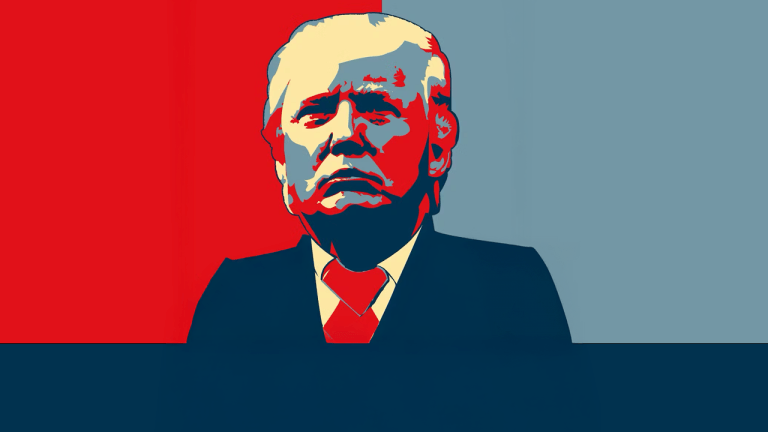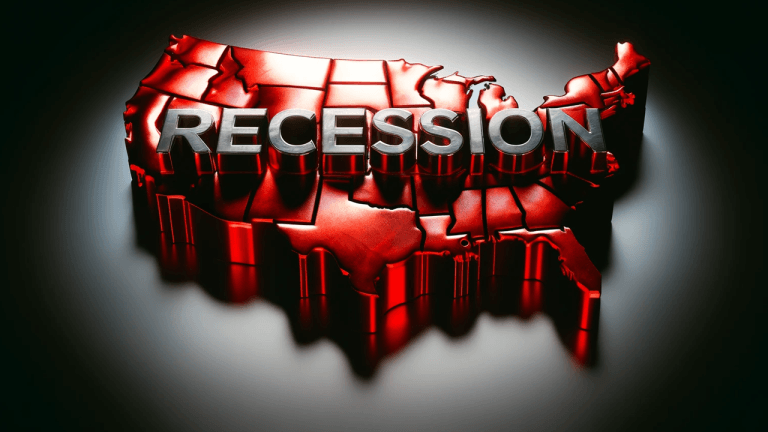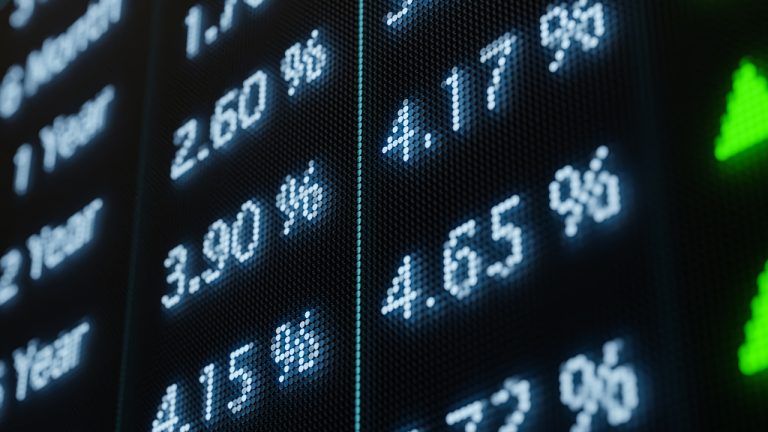 Economic experts and institutions are increasingly coalescing around heightened warnings of a U.S. recession in 2025, with some amplifying dire predictions of a dollar crisis and systemic instability. Recession Roulette The possibility of a U.S. recession in 2025 has ignited fierce debate among economists, financial institutions, and policymakers, with forecasts split between warnings of an […]
Economic experts and institutions are increasingly coalescing around heightened warnings of a U.S. recession in 2025, with some amplifying dire predictions of a dollar crisis and systemic instability. Recession Roulette The possibility of a U.S. recession in 2025 has ignited fierce debate among economists, financial institutions, and policymakers, with forecasts split between warnings of an […] Financial analyst Ed Dowd predicts a “short but deep” 2025 recession driven by policy reversals and fraud exposure, arguing it could reset the U.S. economy under new leadership. Recession Forecast: Analyst Ties 2025 Downturn to Immigration Reforms, NGO Fraud, and Biden Spending Programs In a recent report, financial analyst Ed Dowd, founding partner of investment […]
Financial analyst Ed Dowd predicts a “short but deep” 2025 recession driven by policy reversals and fraud exposure, arguing it could reset the U.S. economy under new leadership. Recession Forecast: Analyst Ties 2025 Downturn to Immigration Reforms, NGO Fraud, and Biden Spending Programs In a recent report, financial analyst Ed Dowd, founding partner of investment […]
Equities and digital assets are extending their downtrend as CNBC’s Fed Survey reports an elevated risk of recession. The Nasdaq, S&P 500 and Bitcoin (BTC) all plummeted on Tuesday morning ahead of the Federal Reserve’s policy statement due on Wednesday. In CNBC’s March edition of the Fed Survey, which takes insights from major fund managers, […]
The post Stocks and Crypto Extend Losses As Risk of Recession Reaches Six-Month Highs, According to CNBC Fed Survey appeared first on The Daily Hodl.

ARK Invest’s Cathie Wood is predicting that recessionary pressures will soon end, setting the US economy up for a massive economic boom in the second half of 2025. Wood tells her 1.7 million followers on the social media platform X that the US economy is currently experiencing the final stages of a rolling recession, setting […]
The post Cathie Wood Says US Economy in Last Leg of ‘Rolling Recession’ Before Massive Productivity Boost appeared first on The Daily Hodl.

Macro guru and Real Vision chief executive Raoul Pal says that gold looks primed to rally to higher prices with a caveat. In a new interview on the Wealthion YouTube podcast, the former Goldman Sachs executive tells SkyBridge Capital founder Anthony Scaramucci that while gold will probably go higher, its growth will pale in comparison […]
The post Gold ‘Probably Goes Higher,’ According to Macro Guru Raoul Pal – But There’s a Catch appeared first on The Daily Hodl.

Bitcoin’s correction reflects investors’ inflation concerns and highlights the potential impact of future US fiscal policies.
Bitcoin (BTC) traded down by 4.1% on Nov. 14 following US inflation data that marginally exceeded market expectations. This decline mirrored the S&P 500 index futures, which fell from 6,023 to 5,980 over four hours.
As a result, traders are now questioning the extent of this correlation and when Bitcoin’s inflation-hedging attributes might offer some protection in an environment of persistent inflation.
S&P 500 index futures (left) vs. Bitcoin/USD (right). Source: TradingView
 The U.S. Treasury yield curve is undergoing a notable bear steepening, a trend signaling rising economic jitters as the 2024 election nears, with the Federal Open Market Committee (FOMC) meeting close behind. Rising U.S. Treasury Yields Could Spell Trouble for 2025 Economy As the U.S. approaches the 2024 election, economic indicators are signaling turbulence ahead, […]
The U.S. Treasury yield curve is undergoing a notable bear steepening, a trend signaling rising economic jitters as the 2024 election nears, with the Federal Open Market Committee (FOMC) meeting close behind. Rising U.S. Treasury Yields Could Spell Trouble for 2025 Economy As the U.S. approaches the 2024 election, economic indicators are signaling turbulence ahead, […]
Fundstrat’s Tom Lee says markets are getting a boost from $6 trillion that’s been sitting on the sidelines. In a new interview on CNBC’s Squawk Box, Lee says that the massive amounts of liquidity at the ready may now be more relevant for determining whether markets remain in an uptrend than macroeconomic data. “We’ve kind […]
The post $6,000,000,000,000 in Sidelined Cash Boosting Stock Market, Making Macro Data Less Important: Investor Tom Lee appeared first on The Daily Hodl.

Bitcoin price recaptures the $62,000 level as investor grow increasingly concerned about the fiscal health of the US
Bitcoin (BTC) has risen 2.4% since retesting the $59,900 support level on Oct. 3, despite facing initial resistance at $62,000. The gains on Oct. 4 were primarily driven by macroeconomic factors, such as US employment data, expectations of economic stimulus in Japan, and growing concerns about the US financial system.
In the US, the economy is booming, but fiscal conditions deteriorated. Interestingly, the US dollar surged to a 50-day high against other major currencies, including the euro, the British pound, and the Japanese yen.
Historically, the relationship between the US dollar Index (DXY) and Bitcoin has been inversely correlated. However, this latest movement seems to defy that pattern.

China-focused stablecoin data, retail investor participation and skeptical BTC derivatives markets are all signs that Bitcoin price is not primed for a new all-time high.
Bitcoin (BTC) closed at its highest level in two months on Sept. 28 and is currently approaching the $66,000 mark. This movement followed gains in the S&P 500 index, which reached an all-time high on Sept. 26, fueled by robust economic indicators and measures aimed at boosting markets and investor confidence in China. However, several metrics indicate that Bitcoin is far from entering a bull market.
Bitcoin/USD (right) vs. S&P 500 futures (left). Source: TradingView
Investors could be skeptical due to previous rejections at $70,000 or fearing that a potential recession is underway, which would negatively impact risk-on markets, including cryptocurrencies.